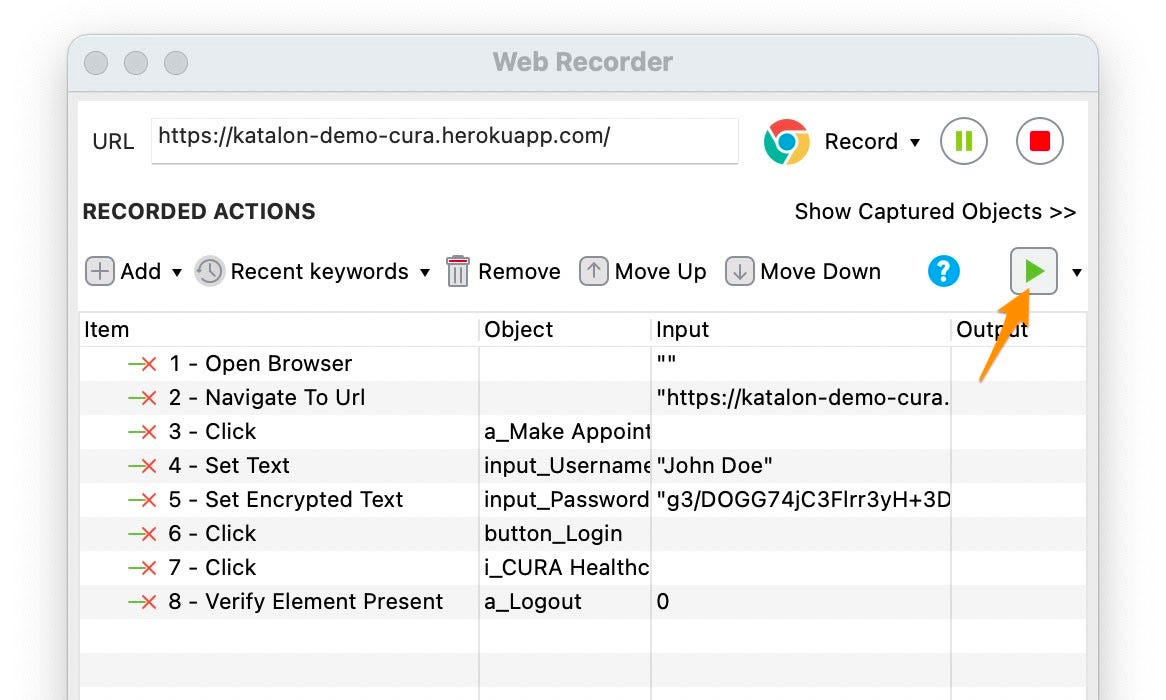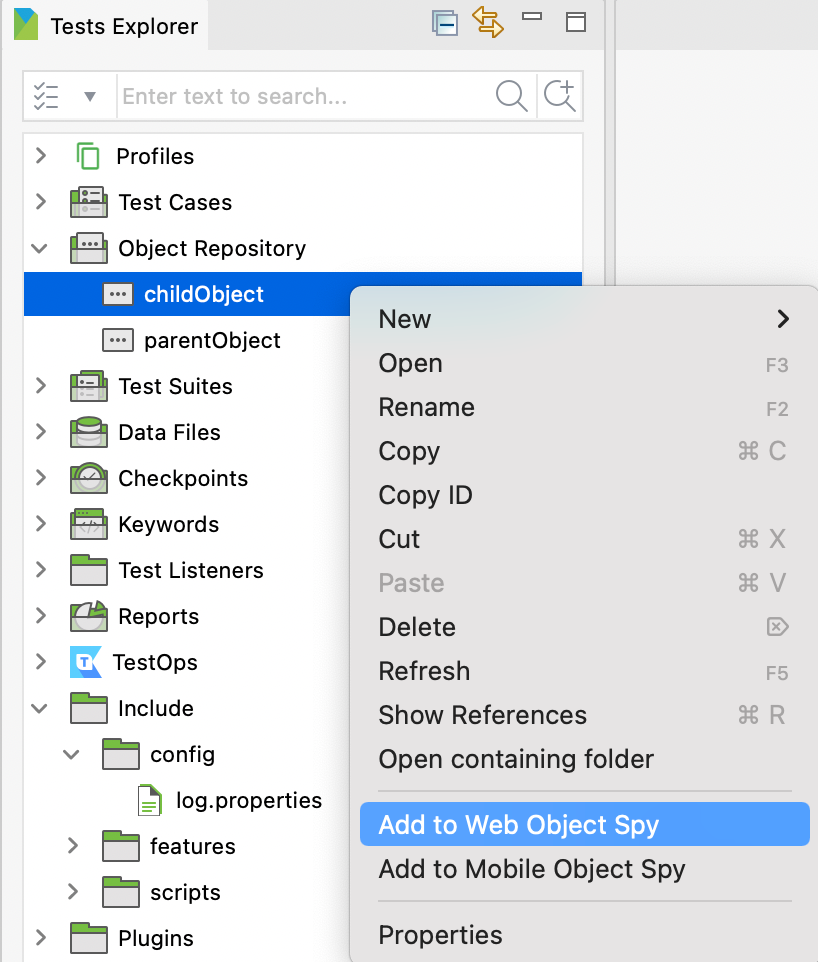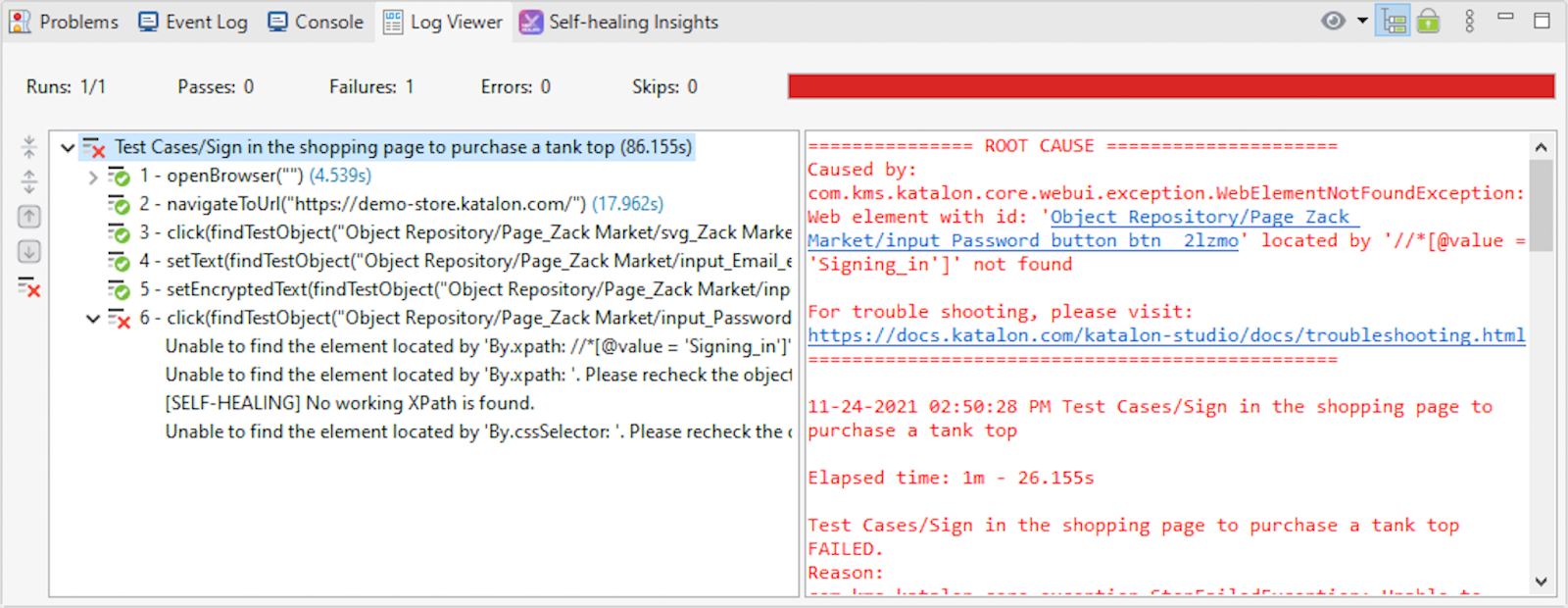TestProject End Of Life
Learn with AI

TestProject, the community-based test automation platform, has announced that it will be reaching its end of life (EOL) on March 31, 2022. While this may come as a surprise to many users who have come to rely on TestProject, the decision of discontinuing the platform was made after careful evaluation by the TestProject team.
In this blog post, we will discuss what TestProject end of life means for your QA teams and how you can prepare for the future.
What is TestProject?
First launched in 2015, TestProject is a cloud-based end-to-end test automation platform for web, mobile, and API testing. Built on top of popular open-source frameworks Selenium and Appium, TestProject supports a wide range of environments. You can create and run tests on all operating systems (Windows, Linux, and macOS). It supports Web, Android, and iOS tests and covers all the major browsers (Chrome, IE, Edge, Safari, and Firefox browsers).
The test automation tool was developed and powered by the testing community. Apart from built-in features such as record and playback, and CI/CD integrations for test execution and report, TestProject automation tool also allows users to utilize and contribute to community add-ons.
Being a free and community-driven tool, TestProject enables teams to become more agile and collaborative, ensuring the delivery of quality software at speed.
In 2019, Tricentis acquired the platform, making TestProject a part of its automated testing portfolio, alongside other two commercial tools Tosca and Testim. Since then, the company has made great investments in extending the product’s capacity and continued to maintain its free usage.
However, after 8 years of keeping the free promise, the company has decided to streamline its offerings with the shutdown of TestProject and focus on other products. This means that its current users will have to look for TestProject alternative solutions to maintain and improve their automated testing capabilities.
How does this impact users
If your team is currently using TestProject for test automation, you may wonder what the TestProject end of life means for your testing process. The good news is that TestProject will continue to operate until March 31, 2022. During this time, users can continue to create, manage, and execute tests using the platform. However, after this date, TestProject will no longer be available.
It is important to note that TestProject will not provide any support or updates after March 31, 2022. This means that any bugs or issues that arise with the platform will not be fixed, and new features or enhancements will not be added. If your business relies on TestProject for mission-critical testing, it is recommended that you start exploring other test automation solutions as soon as possible.
Read more: Top 15 list of automation testing tools | Latest Update in 2024
TestProject alternative
Katalon Platform - Software Quality Management Platform

If you’re looking for a complete and robust test automation solution to migrate from TestProject, Katalon can be your next go-to platform. The Katalon Platform allows QA teams to author web, mobile, and desktop apps and UI and API automated tests, execute those tests on preconfigured cloud environments, and maintain them, all in one unified platform, without any additional third-party tools.
From designing, running, debugging to planning, the testing cycle stays the same just like how you automate it in TestProject.
The Katalon Platform and TestProject: How are they similar?
TestProject and Katalon are both test automation platforms that aim to simplify the test automation process. Katalon offers all the major features you’ve been familiar with using TestProject, including:
- Scripting language: Both TestProject and Katalon use Java as one of their supported languages for test automation, allowing Java developers and testers to easily create, execute and maintain automated tests. Additionally, Java has a vast ecosystem of libraries and tools that can be used for test automation.
- Frameworks: Built on top of Selenium and Appium, both platform provides a complete solution for web and mobile testing solution. Additionally, Katalon also supports API testing. Katalon also supports the most popular frameworks such as BDD, TDD, and Keyword-driven.
- Integrations with QA testing tools: Both integrate with popular DevOps and CI/CD tools like Jenkins, JIRA, and GitHub. However, integration with open-source platforms usually deals with plugin installation and configuration, thus requiring some level of coding knowledge. On the other hand, Katalon’s integrations are built-in, helping teams to leverage workflow, exploit automation features and create a solid CI/CD pipeline.
Below are the features that make Katalon an ideal TestProject alternative.
Record and Playback

Take advantage of Katalon's Record and Playback as you do in TestProject. With this feature, you can automate simple and repetitive user flows, without having experience in coding. Once you’ve gotten familiar with recording tests, you can move on to Script mode for modifying tests or testing more advanced actions.
Script mode

Other than Record and Playback for beginners, Katalon also allows expert users with Groovy/Java backgrounds to programmatically write tests in the Script mode. You can define custom keywords or gain access to a range of built-in keywords and libraries that provides multiple functionalities, from interacting with web elements on a page to sending HTTP requests to an API.
Object repository

Following the page object design model, Katalon provides a centralized repository for not only designing but also managing your test cases and their artifacts. Locators are stored across tests in an object repository. When your UI changes, clicks are all it takes to get your automation scripts up and running again.

Dynamic test suites for regression testing
You can also dynamically add test cases based on the ID, name, tag, comment, and description of a test case. Filter and select test cases to run on-demand whenever there are any application updates and changes.
Debug mode

When you run your tests in Debug Mode, Katalon pauses at each breakpoint, enabling you to examine the state of your application and the values of your variables at that point in the script. You can run from here, debug from here, and enable/disable steps to skip the unwanted steps during execution and focus on running/debugging specifically the necessary test step.
Web API testing

Katalon provides robust support for API testing, including the ability to test GraphQL, SOAP, and REST APIs. Katalon integrates with popular API testing tools like Postman, Swagger, SoapUI, and WADL/WSDL, allowing you to import existing API specifications and test cases into Katalon.
How to migrate from TestProject to Katalon
If you're like most TestProject users, chances are you've built a fair amount of legacy scripts on TestProject. The migration part, whatever the alternative tool might be, requires great effort.
BetterQA, a Katalon partner, brings you a team of skilled test engineers to bring over large-scale script volumes. All there's left to do is continuing editing and running them on Katalon.
Learn more: https://betterqa.co/blog/katalon-studio-from-testproject-migration/
Below is the migration process from users’ existing TestProject-based project to Katalon. It contains some of the test cases for Web Mobile and API test migration. This demonstration is only for POC purposes of migrating a maximum of 5 test cases.
Requirement
- Katalon Studio version 7.4.0 onwards.
- TestProject sample Project.
- Basic understanding of Junit and TestNG.
- JUnit/TestNG plugin.
How to migrate
- Download a TestProject sample project.

- Import all the required jars(build.gradle) Here.

- Add all your project files inside Include >> Script >> Groovy.

Change Junit 5 annotation to TestNG/Junit 4. (KS does not support JUnit 5 for now).
@BeforeAll >> @BeforeClass
@AfterAll >> @AfterClass
- Add @Test Annotation before the method "void execute()".
Initialise Katalon Webdriver inside the @BeforeClass.
For Web-based application:
WebUiBuiltInKeywords.openBrowser("");
WebUiBuiltInKeywords.maximizeWindow();
driver = DriverFactory.getWebDriver();
For Mobile:
String dirName = RunConfiguration.getProjectDir():
MobileBuiltInKeywords.startApplication(dirName+"/App/APIDemos.apk", false);
driver = MobileDriverFactory.getDriver();

- Prepare TestNG.xml file by adding class name.

- Prepare the test cases by adding TestNG or Junit Keywords.
- Run the test


Repository for the Sample Project:
https://github.com/katalon-studio-samples/salesforce-katalon-sample.git
|
FAQs on TestProject End Of Life
What is the TestProject End of Life (EOL) announcement?
TestProject, a community-based test automation platform, announced its end of life (EOL) on March 31, 2022. This decision was made by the acquiring company, Tricentis, to streamline its offerings and focus on other products.
What were TestProject's key features, and why is it being discontinued?
Launched in 2015, TestProject was a cloud-based end-to-end test automation platform for web, mobile, and API testing, built on Selenium and Appium.
It supported various operating systems and browsers, offering features like record and playback, CI/CD integrations, and community add-ons. Its discontinuation is due to Tricentis's decision to focus on its other commercial tools.
How does TestProject's End of Life impact existing users?
TestProject continued to operate until March 31, 2022, allowing users to create, manage, and execute tests.
However, after this date, the platform is no longer available, and no further support or updates will be provided. Users are advised to explore alternative test automation solutions.
How does Katalon Platform compare as a TestProject alternative?
Katalon Platform is presented as a complete test automation solution similar to TestProject, offering web, mobile, desktop, and API automated testing.
Both platforms support Java scripting, are built on frameworks like Selenium and Appium, and integrate with CI/CD tools.
Katalon offers built-in integrations, record and playback, script mode, an object repository, dynamic test suites, debug mode, and robust API testing capabilities.
What is the general process for migrating existing tests from TestProject to Katalon?
The migration process involves:
1. Downloading a TestProject sample project
2. Importing necessary JARs (build.gradle) into Katalon
3. Adding project files to Katalon's Include >> Script >> Groovy directory
4. Changing JUnit 5 annotations to TestNG/JUnit 4
5. Initializing Katalon Webdriver or MobileDriver
6. Preparing the TestNG.xml file, running tests, and verifying the execution results.
For large-scale migrations, a partner like BetterQA is mentioned.

